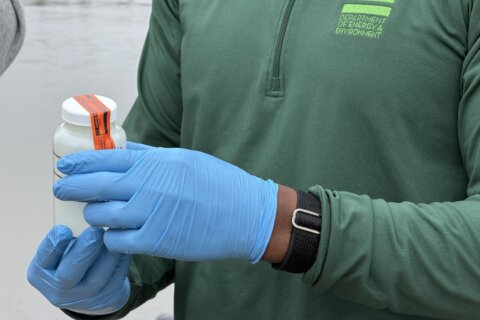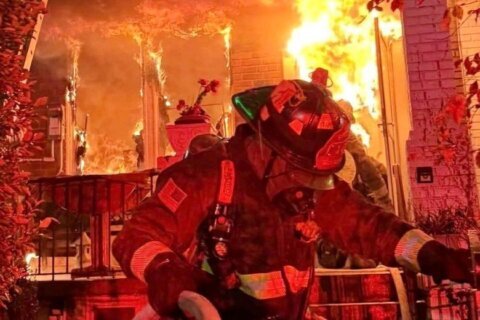D.C. got a unique Christmas Eve surprise from President Richard Nixon a half century ago — the right to self-governance.
It came after decades of failures for the city, between 1948 and 1964, as a handful of bills came to the floor of Congress only to fail passage.
“After turning out by the thousands for the March on Washington to support Black voting rights across the country, they couldn’t vote in their home city,” the DC library notes in its commemoration of 50 years of home rule.
D.C. leaders wrote to their “friend and ally” Martin Luther King, Jr. to support their cause, the library added.
“King spent three days in D.C., meeting with community leaders and leading rallies in support of racial justice and D.C. Home Rule,” the commemoration said.
Over the years that passed, leaders like former Mayor Marion Barry and activist Dick Gregory would be among those that pushed to increase self-governance until Congress finally passed the Home Rule Act.
“That federal law allowed us to elect our own Council and mayor for the first time in nearly a century,” the council said in its statement.
However, as Mayor Muriel Bowser said ahead of the Home Rule Act anniversary, the District continues to be overruled by federal officials in Congress and the White House, depending on who exactly is in charge of each branch of government.
“In the 50 years since achieving limited Home Rule, we have made significant strides in moving D.C. forward. We built a strong local economy, and today we are a donor state and give more to the federal government than we get back,” Bowser said.
Since then, Bowser said, the city has improved public school systems, bond ratings and “led the way on important civil and human rights issues” without congressional votes or support. It has not, however, achieved statehood.
“This year, we look back with gratitude for those who came before us and fought for Home Rule, and we keep pushing for a future where we have full access to American democracy. We know that full access means D.C. statehood,” Bowser said.
Statehood would mean “voting representation in the House and two senators representing us in the Senate,” Bowser said.
“It means a more perfect democracy for our country – one where Americans living in the shadow of the Capitol, who have all the responsibilities of citizenship and who go to war to defend our freedoms, have representation in Congress,” she added.
D.C. Council members, in a joint statement on the 50th anniversary of home rule, echoed Bowser’s comments, calling the history of home rule complicated.
“While the 1973 Christmas Eve anniversary is clearly worth celebrating, it is important to remember a critical detail: that it is not the date DC received Home Rule, it’s simply the date the federal government formally declared they would give it to us,” the Council said.
As the body notes, it would take until Jan. 2, 1975, for the city to swear in its council and executive — which consisted of “Mayor Walter Washington, Council Chair Sterling Tucker and a council that included future mayors/Council chairs Marion Barry, David Clarke, Arrington Dixon and John A. Wilson.”
“As we painfully learned recently with our criminal code reform measure, a simple vote by each house of Congress, and a signature from the President, is all it takes to overturn any law passed by the duly-elected Council and mayor of the District of Columbia,” the Council wrote. “‘Home Fool’ indeed.”
This complicated history and reliance on congressional approval for local legislation, D.C. Delegate Eleanor Holmes Norton has argued, further highlights that the city only has “some authority to legislate on local matters.”
“I will not stop until we reach #DCStatehood,” Norton wrote in a Dec. 19 social media post.
“Our future is one where our Home Rule is not limited – where DC residents have full representation, full autonomy, and full access to our fundamental rights as American citizens,” Bowser concluded.








